
IceNine (CC), on Flickr
A little less than 5 years ago, editor Betsy Mason of WIRED Science called to ask whether I’d be interested in joining a new thing. WIRED was thinking about starting a science blog platform; she wondered whether I’d want to be one of the bloggers.
I did very much want: WIRED is both a great magazine, with inspiring storytelling and innovative design, and a brand with international reach. I was a bit perplexed why they would want me — scary diseases didn’t seem like a core interest for WIRED readers — but Betsy (now one of the authors of WIRED’s Map Lab blog) was confident the audience was there.
She was right. Superbug debuted Sept. 14, 2010 with a report on the “Indian superbug,” the antibiotic resistance factor NDM that was then just starting to move across the world. My second post explored “livestock MRSA,” the bacterium that originates in antibiotic overuse in agriculture, and the third looked at the shivery subject of a rare and deadly parasite transmitted by organ transplants. Those three posts pretty much defined Superbug’s turf: public health, global health, and food policy, with a sprinkle of dread. Readers responded with fascination and good will, then and to the more than 300 posts afterward.
Of which, as you’ve probably guessed, this is the last. Superbug has had a fantastic run, but there was only one other place I wanted to work, and I’m headed there. Next week, I’ll be joining National Geographic’s Phenomena under a new blog name.
(Worth saying: This move is coincident with Wired.com’s redesign, but is not at all related. Phenomena happened to have a rare opening.)

 Markus Schreiber/AP
Markus Schreiber/AP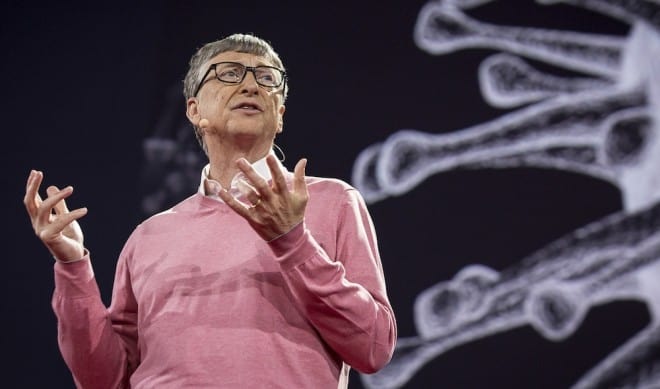
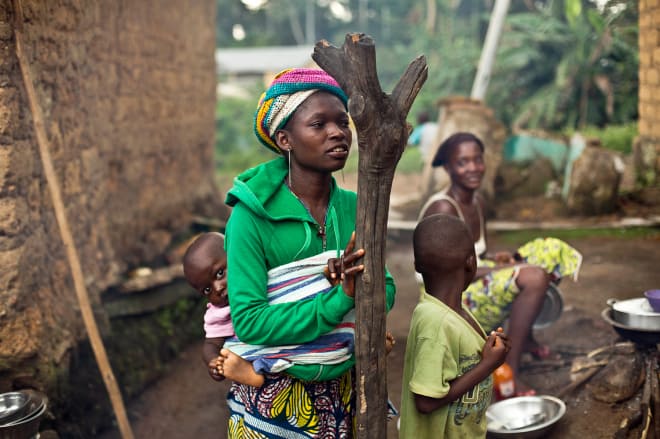
 Jerome Delay/AP
Jerome Delay/AP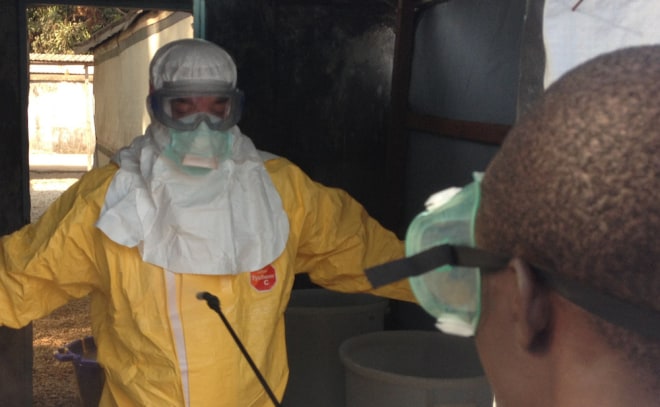
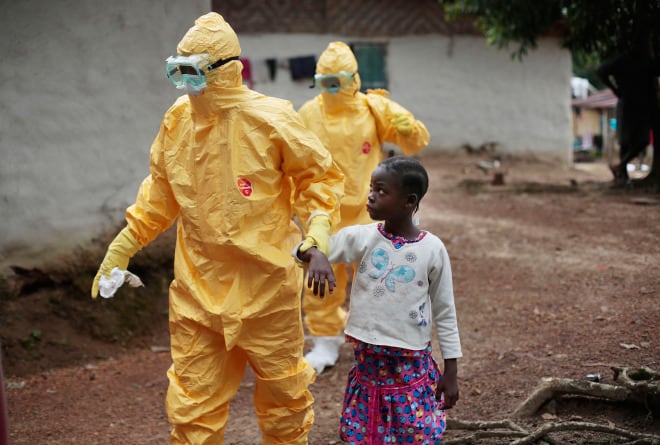
 Jerome Delay/AP
Jerome Delay/AP

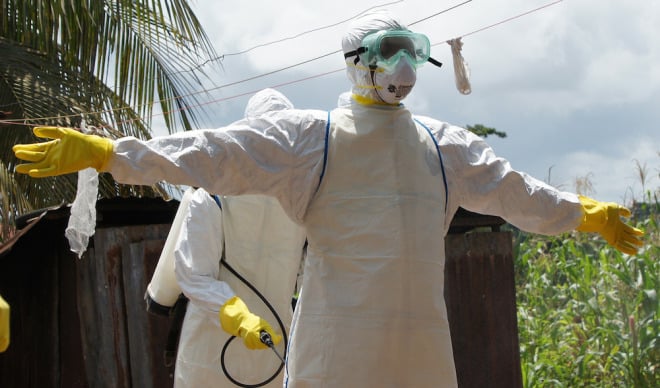


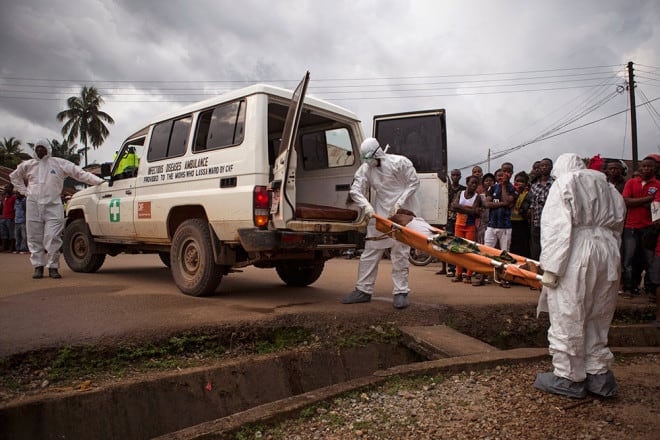
 Tanya Bindra/AP
Tanya Bindra/AP